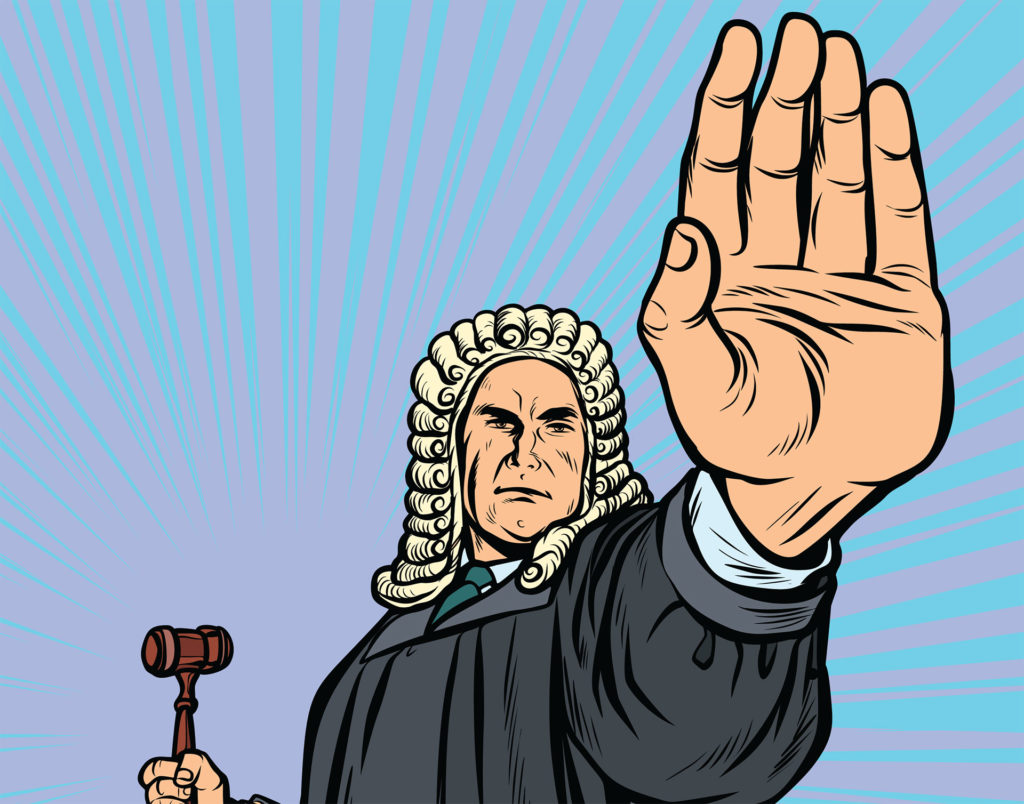
We’re often asked the questions, “How does a protection order work?” and “What’s the difference in a restraining order and an order of protection?” Protection orders in Tennessee are a complicated subject. The attorneys at Legal Powers of Nashville, TN and the surrounding areas are prepared to help you through the process of an Order of Protection from either side of the order.
How to get an Order of Protection
An Order of Protection is something the court system in Tennessee does not take lightly. Obtaining one starts with filing a petition with the court’s clerk office. The victim will state the facts that explain what happened and why he or she is in immediate need of protection.
Temporary Orders are usually issued, prohibiting the other party from contacting the victim, and a hearing for a longer-term Order of Protection will be set for 15 days after the issuance. The harm, threat, or harassment needs to be proved in the hearing with witnesses or other evidence, and a judge will sign off on the long-term Final Order of Protection if it is granted.
What does an Order of Protection do?
These Orders of Protection offer enhanced legal protection against abuse, threats, or harassment. They also allow the police to arrest the abuser without a warrant. They are available to victims of domestic assault who:
- Are current or former spouses;
- Currently live together or have lived together;
- Are dating or have previously dated;
- Have had a sexual relationship;
- Are related by adoption or blood; or
- Are related or formerly related by marriage
They are also available to victims of sexual assault, and stalking. Actions that are considered stalking and could help you obtain an order include:
- Following;
- Repeated and unwanted messages, phone calls, and emails;
- Vandalism of personal property;
- Leaving unwanted gifts at your house or job;
- Showing up where you are; or
- Monitoring your activity
These are just some examples, and the court could find other hostile or threatening actions to be considered as stalking as well. The orders prohibit the other party from contacting you or communicating with you in any way. The perpetrator is required to pay all court proceedings, attend counseling programs about violence and substance abuse, and is unable to possess, own, or buy a firearm.
What Happens at a Protection Order Hearing
An Order of Protection has a civil hearing. What this means is that each side will have an opportunity to present his or her side of the hearing. The Petitioner (the person seeking a protection order) goes first. He or she can testify, present evidence, and call witnesses to try to prove why an order of protection is required. Then, the Respondent (the person responding to the protection order) has an opportunity to present his or her side of the case to refute or show the court why a protection order is not appropriate or necessary.
As an important note, although a protection order hearing is a civil hearing, the testimony and evidence presented may be used against the Respondent if there is a criminal case stemming from the same facts. For instance, in a domestic assault charge case, police officers often offer or assist the alleged victim in seeking a protection order against the accused/defendant.
Even without a criminal case associated with the protection order hearing, it is very important to have an order of protection attorney representing you. As a Petitioner you want to ensure that you are protected and the best way to do that is to present your case effectively for why you require protection. Whereas, as a Respondent it is important to have a protection order attorney defending against the allegations made by the Petitioner because the restrictions of an order of protection may not be appropriate and, if the protection order is granted, a violation of the order of protection restrictions is a separate criminal charge for each violation.
That is why it is very, very important that if you are involved in a protection order hearing – either as a Petitioner or a Respondent – that you have proper legal representation from a protection order attorney that can advise you as to how best approach the protection order hearing with your interests in mind.
The Consequences of Violating an Order
A violation of an Order of Protection in Tennessee will result in immediate arrest by the police. Violation of the temporary order can occur before the hearing and result in arrest and jail time. A violation of the extended Order of Protection is a misdemeanor and results in a fine of up to $2,500 and a jail sentence of up to 11 months and 29 days
If you have received an Order of Protection notice or if you have been charged with a criminal offense, or are under criminal investigation, and want a strong defense attorney in Franklin, Williamson County, Nashville, or Middle Tennessee then contact us today to discuss your case and learn more about our strong legal representation!
The information in this website is not legal advice. Visiting our website does not constitute an attorney-client relationship. The information provided above is intended to be used for informational purposes only and we hope it may assist in understanding the evaluation of your case when speaking with a Tennessee attorney.
